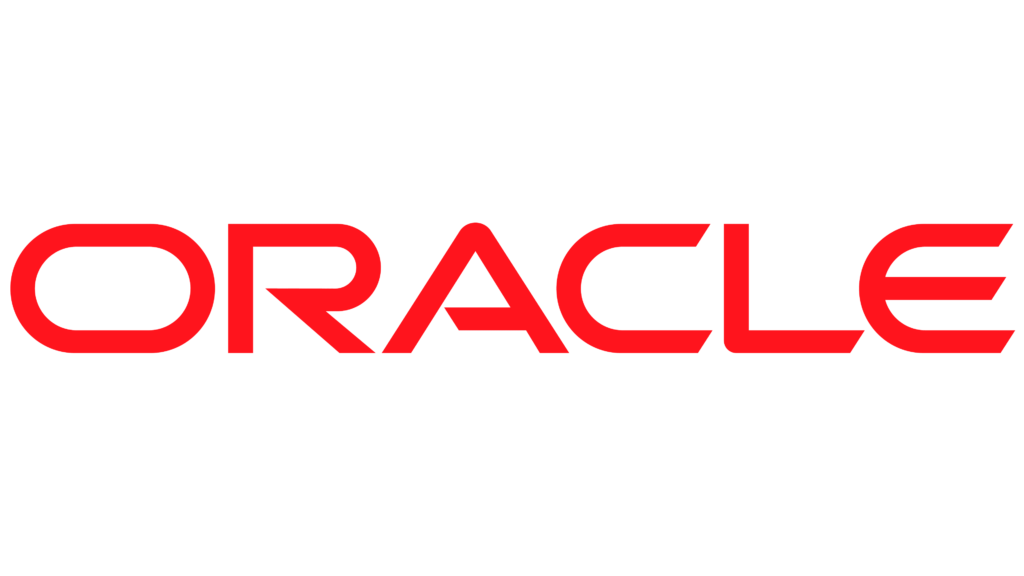2 april 2024
Join the transition towards a circular economy considering economic, supply chain, social, technical, managerial and environmental aspects.
Do you want to contribute to a more sustainable society? Tackle the challenges in the transition towards a circular economy? In this course you will analyse what it takes to create a circular economy including sustainable supply chains.
The transition towards a circular economy is one of the biggest challenges in order to create a more sustainable society. This transition requires circular thinking and an interdisciplinary approach, combining socio-technical, managerial, and environmental considerations.
Right now we design products from cradle to grave: from production to consumption to waste, which is a linear model. But we should design products from cradle to cradle: in a closed loop whereby they don’t become waste, but valuable resources again. And when we start thinking in circles, we might as well try to reinvent not just supply chains, but entire systems. Because that’s what we have been doing with sustainability: we have been departing from the status quo, while cradle to cradle and circular pushes us to think outside the box.
Cradle to Cradle celebrates abundance; it recognizes that people, just like ants and trees, are abundant and have a large impact on their environment. The challenge is to make this impact a positive one and we invite you to join this challenge!
In the MOOC Circular Economy: An Interdisciplinary Approach, we therefore take a systems approach to the circular economy, considering different stakeholder perspectives, their incentive structures, and their impact on circular alternatives.
The circular solutions will be assessed by using applied, as well as emerging, technologies. You will learn how to use life cycle assessment and agent-based modelling to assess the socio-technical and manageable challenges and environmental benefits of alternative solutions.
2 april 2024
Join the transition towards a circular economy considering economic, supply chain, social, technical, managerial and environmental aspects.
Do you want to contribute to a more sustainable society? Tackle the challenges in the transition towards a circular economy? In this course you will analyse what it takes to create a circular economy including sustainable supply chains.
The transition towards a circular economy is one of the biggest challenges in order to create a more sustainable society. This transition requires circular thinking and an interdisciplinary approach, combining socio-technical, managerial, and environmental considerations.
Right now we design products from cradle to grave: from production to consumption to waste, which is a linear model. But we should design products from cradle to cradle: in a closed loop whereby they don’t become waste, but valuable resources again. And when we start thinking in circles, we might as well try to reinvent not just supply chains, but entire systems. Because that’s what we have been doing with sustainability: we have been departing from the status quo, while cradle to cradle and circular pushes us to think outside the box.
Cradle to Cradle celebrates abundance; it recognizes that people, just like ants and trees, are abundant and have a large impact on their environment. The challenge is to make this impact a positive one and we invite you to join this challenge!
In the MOOC Circular Economy: An Interdisciplinary Approach, we therefore take a systems approach to the circular economy, considering different stakeholder perspectives, their incentive structures, and their impact on circular alternatives.
The circular solutions will be assessed by using applied, as well as emerging, technologies. You will learn how to use life cycle assessment and agent-based modelling to assess the socio-technical and manageable challenges and environmental benefits of alternative solutions.
susterra.pro
Enclaveberg 196
4707 EC Roosendaal
Nederland
info@susterra.pro
KvK : 52.03.41.51
BTW-id : NL002013523B03
IBAN : NL40 RABO 0104833831
Schrijf je in voor de nieuwsbrief




